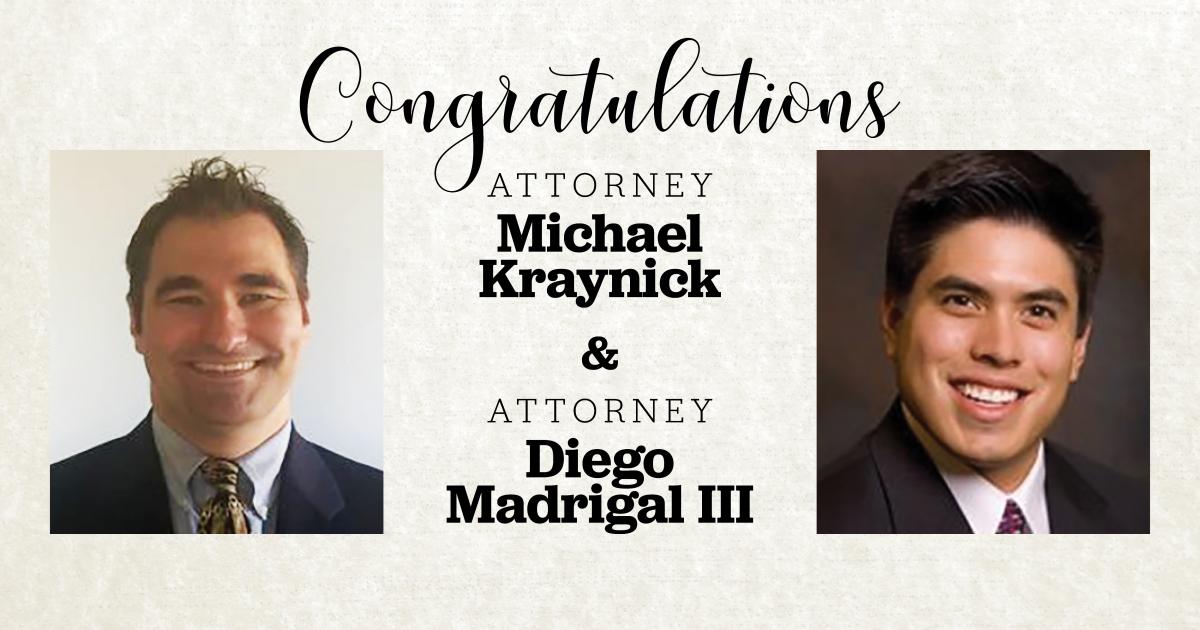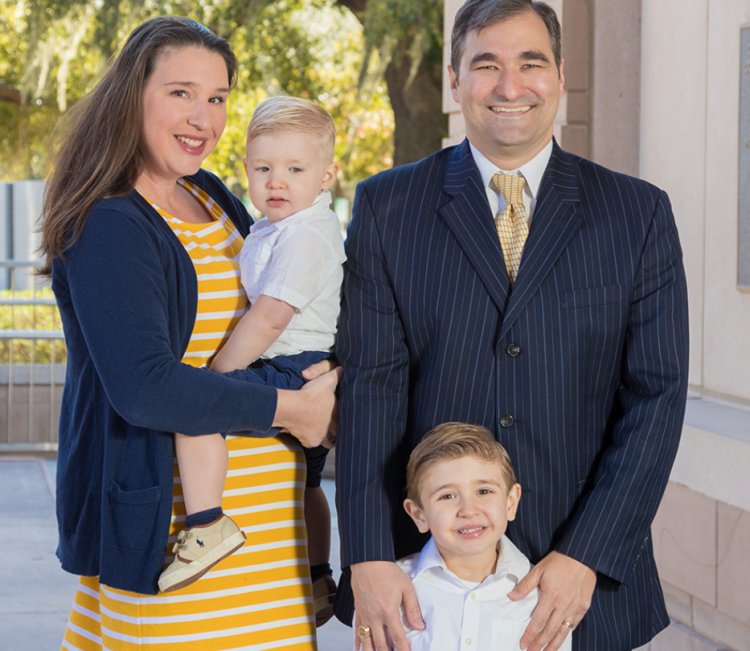Judge Michael Kraynick & Sarah Boone Case: Latest Updates & Insights
Is justice truly blind, or does its perception shift based on who holds the gavel? Judge Michael Kraynick's career in the Florida 9th Circuit Court, particularly his role in high-profile cases like the Sarah Boone trial, offers a compelling look at the complexities of law, representation, and the pursuit of truth.
The legal landscape of Orange County, Florida, is often the stage for dramas both grand and grim, and Judge Michael Kraynick has become a prominent figure within it. His appointment as a 2024 circuit judge places him at the heart of the criminal justice system, a role that demands not only a deep understanding of the law but also the ability to navigate the turbulent waters of public scrutiny. Judge Kraynicks journey from a partner at Godbold, Downing, Bill & Rentz, P.A., to the judiciary offers insights into his professional trajectory, educational background, and the significant decisions he's made that have shaped the lives of those who have appeared before his court.
| Category | Details |
|---|---|
| Full Name | Michael Kraynick |
| Current Position | Judge, Florida 9th Circuit Court |
| Assumed Office | June 21, 2019 |
| Term Ends | January 5, 2027 |
| Education | Bachelor's Degree from Florida State University; Law Degree from Barry University |
| Previous Roles | Partner at Godbold, Downing, Bill & Rentz, P.A. (Bankruptcy Law) |
| Legal Experience | 18 years as a member of the Florida Bar |
| Notable Cases | Presiding Judge in the Sarah Boone trial. |
| Location | State of Florida |
| Additional Information | Challenged by Amrita Singh in Group 34, appointed by Governor Ron DeSantis |
| LinkedIn Profile | View Michael Kraynick's LinkedIn Profile |
Judge Kraynicks legal career took a decisive turn when he was appointed to the bench, filling the vacancy left by the resignation of Judge Frederick Lauten. This transition marked a shift from the private sector, where he specialized in bankruptcy law at Godbold, Downing, Bill & Rentz, P.A., to a public service role that demanded impartiality and a thorough understanding of the legal intricacies of the criminal justice system. His education, with a Bachelors from Florida State University and a law degree from Barry University, formed the bedrock of his legal acumen.
- Aditi Mistry Trending Videos News Updates Get The Latest
- Katiana Kay Tiktok Star Model Latest Updates Exclusive Content
One of the most high-profile cases presided over by Judge Kraynick involved Sarah Boone, the defendant in a suitcase murder case. This case brought significant media attention and offered a stark illustration of the challenges that defendants, especially those representing themselves, face in the legal system. The dynamics within the courtroom, the strategies employed by defense counsel James Owens, and the rulings made by Judge Kraynick highlighted the critical role of the judge in ensuring a fair trial.
In the Boone case, the judge had to make crucial decisions. During a contentious pretrial hearing, he ordered Boone to represent herself after she had forfeited her right to an attorney. The circumstances surrounding this decision brought to light the importance of legal representation and the complexities of navigating the legal process without professional guidance. The judge's rulings, such as blocking the use of a poster board displaying jury instructions and dealing with Boone's communications sent to him, underscored the importance of procedural integrity and courtroom decorum.
The case also showed the human side of the legal process. Boone, in a hearing, expressed her confusion to Judge Kraynick, showcasing the emotional and psychological toll the trial was taking on her. These moments, captured by the media, humanized the proceedings and gave the public a glimpse into the personal stakes involved.
The challenges Sarah Boone faced in gathering evidence and preparing her defense, without the assistance of legal counsel, brought to the forefront the critical role of attorneys in ensuring a fair trial. The judges decisions about access to evidence and the procedures governing the trial were critical in balancing Boone's right to a fair trial with the need for an orderly and efficient legal process.
The legal landscape, particularly in a state like Florida, often presents unique challenges and complexities. Judge Kraynicks decisions, the cases he presides over, and the circumstances surrounding them offer a critical understanding of how these challenges are addressed. From the selection of jury instructions to the admission of evidence, every ruling made during the proceedings reflects the legal system's operational intricacies.
The Sarah Boone trial in the Orange County Courthouse, in October, also served as a case study on the practical aspects of the justice system. The physical setting, the interaction between the judge, the defendant, and the defense counsel, and the public's presence all combined to create a vivid portrait of justice in action. Judge Kraynick's role in controlling the courtroom and maintaining decorum was integral to the conduct of the trial and to the fairness of the legal process.
Beyond the specifics of individual cases, Judge Kraynick's tenure provides insight into broader trends in criminal justice. His decisions reflect not only legal expertise but also an understanding of the social and ethical issues that influence court proceedings. As the courtroom becomes a focal point of public interest, judges like Kraynick must carefully balance the need for justice with the public's right to know, the rights of defendants, and the maintenance of procedural integrity.
The legal profession constantly changes, influenced by evolving standards, new legal insights, and changing societal attitudes. Judges like Kraynick, who are tasked with interpreting and applying laws, must stay abreast of these changes to ensure the consistent application of justice. The legal expertise, personal experiences, and professional background of Judge Kraynick influence his approach to cases, forming part of the critical foundation upon which court proceedings are carried out.
The career of Judge Michael Kraynick is intertwined with the legal history of Florida's 9th Circuit Court. His actions on the bench, his professional background, and the legal challenges he confronts are all part of a story that goes far beyond the courtroom. The ongoing evolution of law and the administration of justice is made clear when we examine his legal path, and it is here, in the intersection of law, ethics, and public responsibility, that we discover the heart of his contribution.
Furthermore, the context of Judge Kraynicks work includes the broader community of legal professionals in Orange County. His interactions with attorneys, prosecutors, and other court staff, reflect the nature of professional relationships and partnerships essential to the conduct of justice. His position as a Judge of the Florida 9th Circuit Court, as well as his work with Godbold, Downing & Bill, underscores a career that encompasses both private practice and public service, each aspect having influenced the way he approaches his work.
The public's perception of the judicial system is essential to its legitimacy. Judge Kraynick, like other judges, navigates the ethical complexities and the importance of maintaining the public's trust. It is through transparency, fairness, and a commitment to justice that the judicial system can maintain the public's trust and uphold its mission.
It is important to remember that legal proceedings are not static. New legal challenges and public scrutiny require judges to adapt and learn. Judge Kraynick's dedication and commitment to the highest standards are apparent. His actions, decisions, and responses to each case reveal the dynamic nature of legal processes, as well as the profound impact they have on the lives of those who appear before the court.
In conclusion, Judge Michael Kraynick's role is far more than that of a judicial officer; it is a complex role that blends legal expertise, public service, and personal integrity. His work, from his early days as a partner at Godbold, Downing, Bill & Rentz, P.A., to his tenure on the bench, reflects the intricate dance between law and justice and how the choices of one person can reshape both the courtroom and the legal community around him.



Detail Author:
- Name : Stephen Johnston
- Username : wkrajcik
- Email : greenfelder.elbert@leannon.com
- Birthdate : 1970-10-02
- Address : 2991 Abbott Mission Suite 129 Lowefort, FL 27497-1545
- Phone : +1.386.292.3781
- Company : Walsh-Kunze
- Job : Social Media Marketing Manager
- Bio : Cum labore eius sapiente rem et. Maiores rem labore ut commodi sequi accusantium. Corrupti et quae autem quas sed dignissimos quia debitis. Ea qui exercitationem placeat eum quas.
Socials
twitter:
- url : https://twitter.com/trishakoch
- username : trishakoch
- bio : Numquam sequi consequatur recusandae suscipit. Architecto et facilis ea quia a. Omnis quisquam quos numquam sunt. Dolorem natus dicta corporis non vel.
- followers : 204
- following : 2607
linkedin:
- url : https://linkedin.com/in/trisha.koch
- username : trisha.koch
- bio : Velit beatae incidunt doloremque aut nihil.
- followers : 1417
- following : 847
instagram:
- url : https://instagram.com/kocht
- username : kocht
- bio : Expedita soluta cum commodi corporis. Molestias quisquam illo qui sequi.
- followers : 2174
- following : 1550